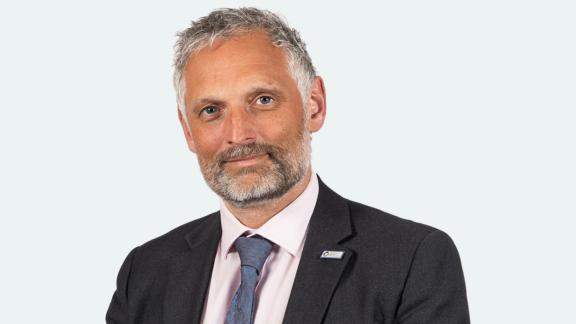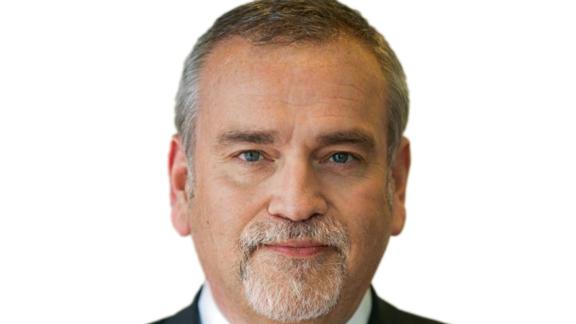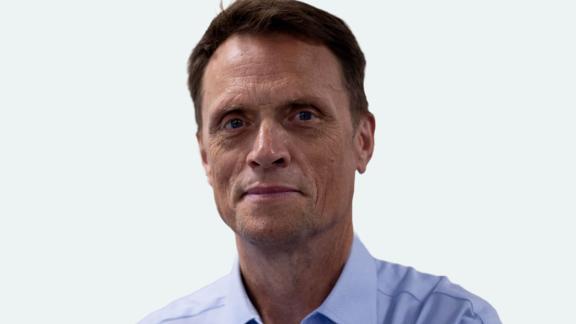Mental health - understanding our population, predicting need, and intervening early

Data analysis has the power to support forward thinking and inform services to have the right support in the right place at the right time. Jess Lievesley explains how he and colleagues are embracing using it in mental health care in pre-emptive and preventative ways.
The use of data in the NHS is nothing new, with many now fully embracing the benefits of business intelligence systems, data warehousing, artificial intelligence and machine learning – but are mental health services realising the benefits to the same extent?
Embracing the 21st century
The concept of population health and related data analysis is also something that is well trodden in public health circles and certainly has a role in the planning, development and evaluation of care and support across health, social care, housing, criminal justice and beyond - but how joined-up are we?
The prize of success is something that NHS mental health leaders will do well to pursue
Frequently, barriers to achieving further integration and understanding of available data and its quality can find themselves in the ‘too hard’ basket because of perceptions that information governance and system interoperability will be hard to overcome. And let’s face it, they are often one of the major factors in any project of this nature.
The prize of success, however, is something that NHS mental health leaders will do well to pursue, against a backdrop of rising public demand for care, increased costs, workforce challenges and the ever-increasing need to be more efficient and effective at what we do. The use of data to help intelligently determine the most effective deployment of our resources must play a role in 21st century mental health care.
Prediction instead of reflection
I have been inspired by the work of CEO Joe Raffety and his team at Mersey Care – who, working with partners, have embraced the benefits of ‘big data’ to understand the needs of their population. We, in our partnership of Barnet Enfield and Haringey NHS Trust and Camden and Islington NHS Foundation Trusts, want to move from the use of data as a retrospective tool to explain and report historic performance, to one that, (and this is where it gets exciting), uses data analysis and data engineers to predict and understand the needs of both our current service users, as well as identifying those markers and factors that mean we can proactively deploy resources to respond to individuals and families in a more pre-emptive and preventative way.
This is about investing for the future
Of course, the risk to the success of using data and information in this way is the need to invest in roles that would look more suited to the cool offices of Meta or Google, and that won’t give you an immediate return on investment – this is about investing for the future and holding your nerve as MerseyCare has demonstrated.
Backing this up, there is also the small matter of igniting a cultural shift across our workforce, where we can share and explain the benefits of working in this way with our colleagues, many of whom will not have been trained to use information to inform and guide their clinical practice. Indeed, my 20 years younger self, as a community mental health nurse, would have scoffed if someone had told me that I could better predict risk by using predictive data tools, rather than using my own judgement alone. Yet this is exactly the step that we need to make if we are to work in ways that maximise the clinical benefits and use of the resources we have available.
Keeping up the pace
It feels we are moving to a place where standing by and watching other areas of healthcare motor on in this space and not embracing this within mental health care will lead to further inequity and an inevitable race to catch up.
On this occasion, I would love mental health to be on the front foot, working to predict and prevent rather than, as we so frequently do, working in a reactive way to respond when things have hit a crisis point.
In our partnership, on this topic, we are at the start of this journey, and we are starting from a place of conscious incompetence, we know we need to learn from and emulate what others have achieved - both here in the UK and around the world. We also know this is one of those moments where not getting on the bus will mean we are left behind.
Jess Lievesley is the executive director of strategy, transformation and organisational effectiveness at Barnet Enfield and Haringey NHS Trust and Camden and Islington NHS Foundation Trusts. You can follow him on Twitter @JessLievesley



